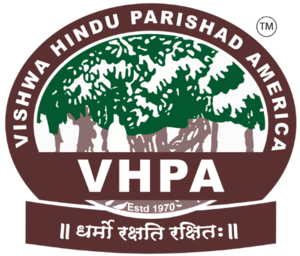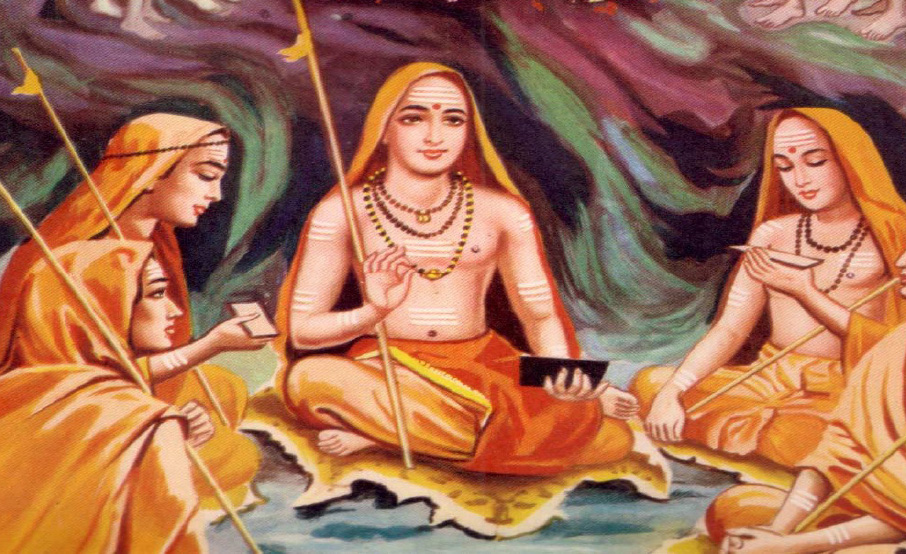This issue is dedicated to the annual Hindu Heritage Month being celebrated globally in October. It was initiated as a project last year in the USA and has gained traction as a global pan-Hindu commemoration of our glorious heritage. Merriam-Webster dictionary defines “heritage” as “something possessed as a result of one’s natural situation or birth” in Indian parlance we know it as inheritance ‘virasat’ or (inherited possessions) ‘dharohar’. The totality of tradition, custom, moral code, and convention is variably described as ‘parampara’ in the Hindu etymology.
Heritage consists of tangible artifacts such as monuments, temples, and scriptures, as well as intangibles such as philosophy, moral codes, culture, and science, passed down to us from our ancestors.
Every community justifiably takes pride in its heritage. So the celebration of one’s heritage is meant to share their ‘inherited wealth’ with the other communities that they interact with and inhabit the planet. Moreover, pride in one’s ancestry and the unique accomplishments of their forefathers is rooted in the DNA of humanity. Thus, the celebration of heritage leads to a better understanding and recognition of our differences as well as commonality. It should remove misunderstanding about ‘others’ and ideally drive people away from bigotry based on preconceived notions.
How is this pride different than tribalism and what is tribalism? Tribalism is the consciousness of a group association based on overt loyalty. In contrast, if we dissociate the concept of supremacy based on belonging alone and focus on qualitative differentiators that uniquely define attributes and possessions of the group then we can claim to be celebrating heritage. Every community can claim to have a unique heritage.
So, what are the differentiators of Hindu heritage? I tried to uniquely define the Hindu heritage that differentiates us from ‘others’ but I’m sure I have left many out. Our scriptures are unique because no other community has as varied and abundant literature bequeathed to them that deals with our existence. Our itihasa consists of two of the largest and greatest epics known to mankind: Ramayana & Mahabharata. Our tangible heritage persists in the form of the world’s largest and most magnificent temples such as Konark, Madurai, Angkor Wat, Borobudur, and others. Our spiritual heritage consists of various philosophical systems of thought such as Nyaya, Samkhya, Yoga, Mimansa, and Vedanta. In total, these compose a pluralistic worldview that recognizes supernatural power that is manifest and un-manifest, transcendental and immanent, male and female, natural and abstract, and everything in between. The laws of karma and the principles of Yoga are other noteworthy heritage that the Hindu community can proudly celebrate. Finally, our heritage of one culture and civilization but many ‘parampara’ is also worth sharing with the world.
I would be amiss if I do not remind us of our proud heritage of protecting and preserving dharma against all odds with valor and dignity from the foreign onslaught over a millennium. So, the fight against bigotry, oppression, dogma, and imposition against supremacist exclusivist ideologies is also part of our heritage. While we proudly share the blessings of our heritage with the world, let us not forget that our heritage also consists of one of the elemental teachings from the Vedas:
आ नो भद्राः क्रतवो यन्तु विश्वतः
Aano Bhadrah Kratavo Yantu Vishwatah!! Rig Veda 1.89.1
(Let noble thoughts come to us from all directions.)



![[ India Today ] Ohio senator JD Vance thanks wife, a Hindu, for helping him find Christian faith](https://hinduvishwa.org/wp-content/uploads/2024/06/us-senator-jd-vance-reveals-how-his-hindu-wife-usha-helped-him-find-his-christian-faith-image-re-272530504-16x9_0-120x86.webp)










